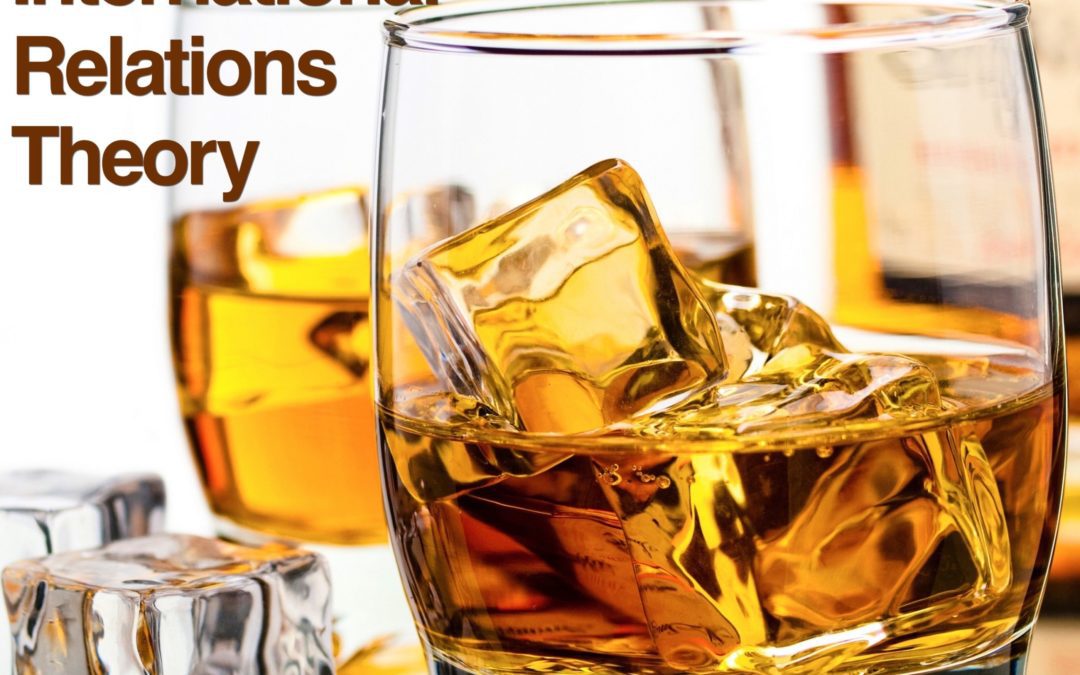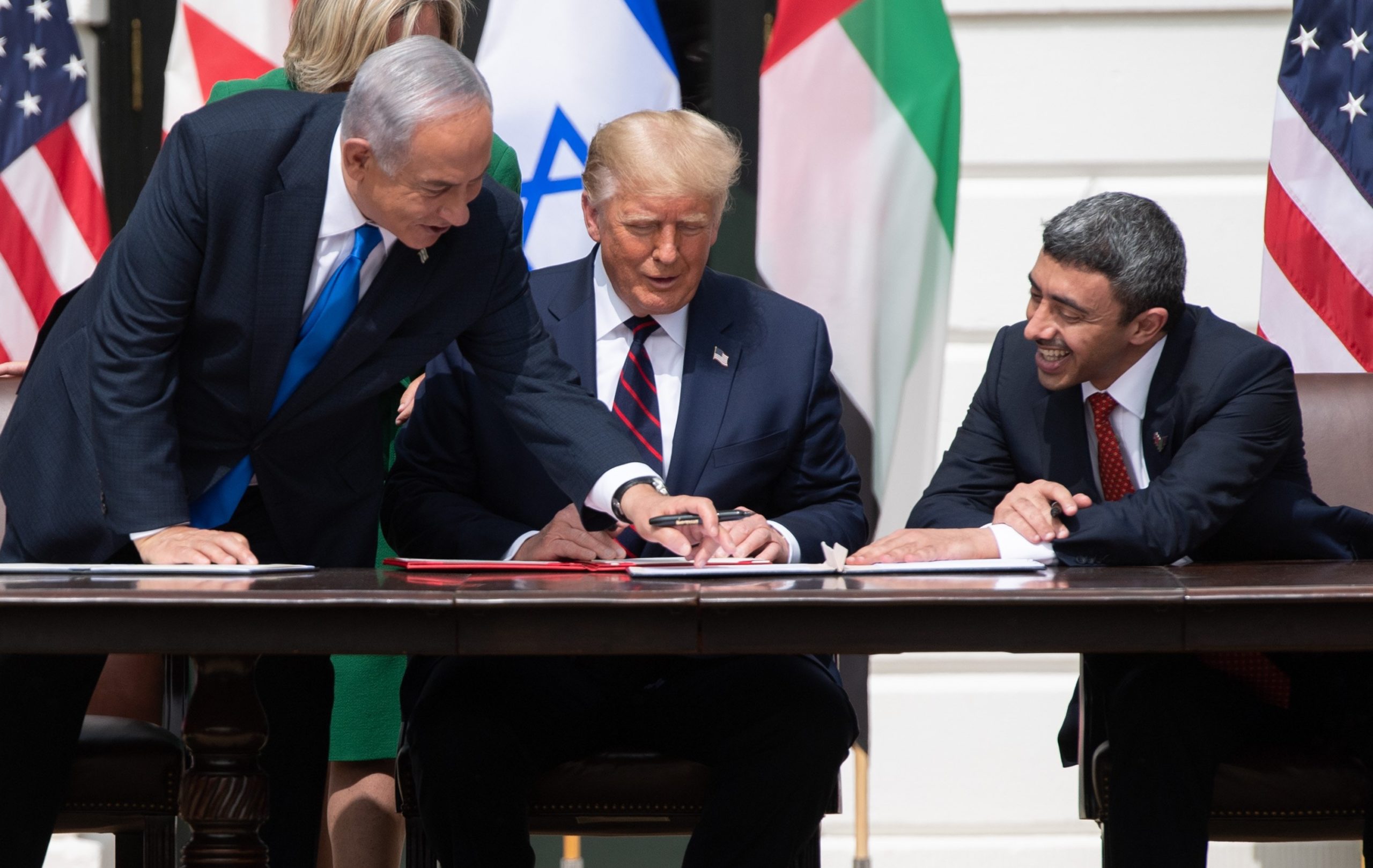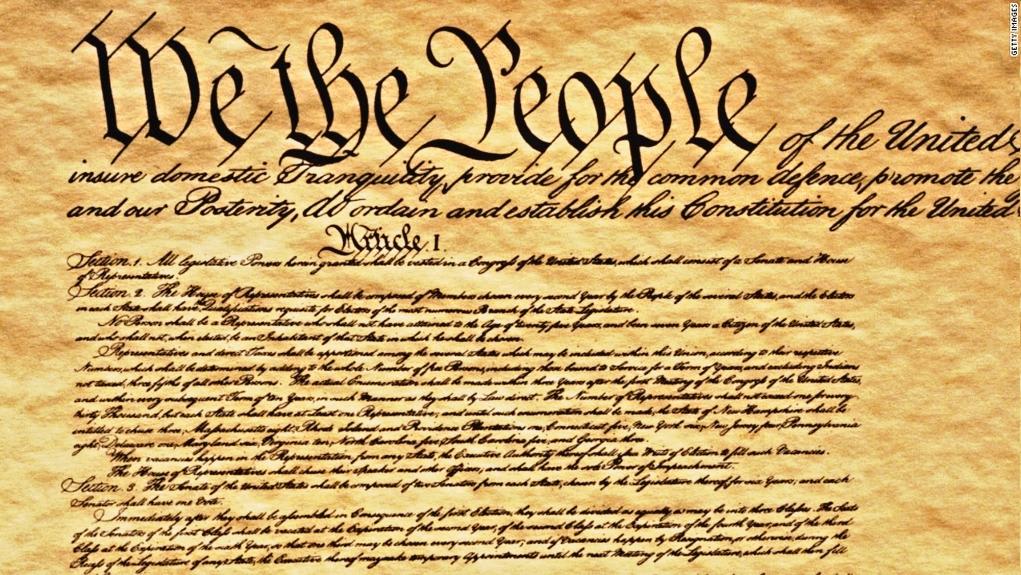Alongside research and teaching, most tenure-track jobs come with some expectation of service.


Alongside research and teaching, most tenure-track jobs come with some expectation of service.

On February 24, just hours after Russia launched its assault on Ukraine, German Foreign Minister Annalena Baerbock tweeted a simple message: “Today we are waking up in a different Europe....

Jarrod talks with Georg Löfflmann (University of Warwick) and Frank Stengel (Kiel University) about the changes in German foreign policy in the aftermath of the Russian invasion of Ukraine and, in particular, about the idea that Germany is experiencing …

In this “Whiskey Optional” episode, PTJ facilitates a conversation among four colleagues from dif…

In September, the UAE and Israel signed "the Abraham Accords," normalizing relations between the UAE and Israel. The Trump Administration presented this as if it was equivalent to the Camp David Accords, a ground-breaking peace agreement that would transform the world. Much of the Middle East policy community, however, met it with a shrug. I'm not sure I'm joining in on that shrug. While it's true Trump exaggerated and misrepresented the deal, as he is wont to do, I worry a sneaky "common wisdom" has developed among observers that may obscure the significant impacts of this agreement. The...

Last night’s debate might go down as one of the greatest in recent memory, and I am prepared to die on that hill. It was ugly. But it was also raw, unfiltered, and honest. It was thin on policy substance which is why I think the majority of my Twitter feed thought it was a shitshow.[1] A few things stood out which I think are worth mentioning, even on an IR blog. The performances last night got me thinking a lot about game theory. I am not a game theorist, and if I were, I would not subject you to a model of this year’s electoral strategy by Teams Trump and Biden. (I doubt the game theorists...

Professor Julie Kaarbo (U. of Edinburgh) discusses role theory, the relationship between FPA and IR theory, and a new project she is calling Breaking Bad. As always thanks go to Steve Dancz (https://stevedancz.com) for our theme music.

Professor Julie Kaarbo discusses Foreign Policy Analysis.

I'm working on a new project about the use of religion in power politics (part of which I'll be presenting "at" APSA this week). I'm finding good evidence, but the framing is tricky. Religion as a power political tool happens, and matters, but it rarely works out the way the wielders intended. Is this an example of ideas mattering in international relations, or an example of their limits? The fact that I feel forced into such a binary reflects a broader issue in the sub-field. As we all learn in Intro to IR, the study of ideas revolves around constructivism. With the emergence of neorealism...
The artist Rufina Bazlova has used traditional embroidery to describe current events in Belarus This past weekend, two European capitals witnessed large-scale protests. Both of them protested against the government, both carried the flags that once symbolized their state, in both cases the police was involved, and during one of them the crowd was chanting “Putin! Putin!”. If you think the latter happened in Minsk you are sadly mistaken: the crowd in Belarus is much more creative than the Neo-Nazi conspiracy theorists in Berlin. The 38,000-strong crowd in Berlin was doing yoga against German...

Whether scholars embed policy recommendations in their work is a flawed measure of whether work is policy-relevant. Across a series of articles and book chapters, Michael Desch and Paul Avey have argued international relations scholarship is declining in policy relevance, with IR scholars falling into what Stephen Van Evera has called a “cult of the irrelevant”: a hermetically-sealed professional community that values technique and internal dialogue over broader societal and political relevance. As evidence, they cite data demonstrating a marked decline in the frequency...

Photo courtesy of the European Union. Used under Creative Commons License. This is a guest post by William Akoto, a postdoctoral researcher jointly appointed at the Sié Chéou-Kang Center for International Security & Diplomacy at the Korbel School of International Studies, University of Denver, and the One Earth Future Foundation. In the fall, he will begin a tenure-track appointment at Fordham University. Universities are under increasing pressure from politicians, funders and the public to demonstrate the broader social value of their work. In response,...